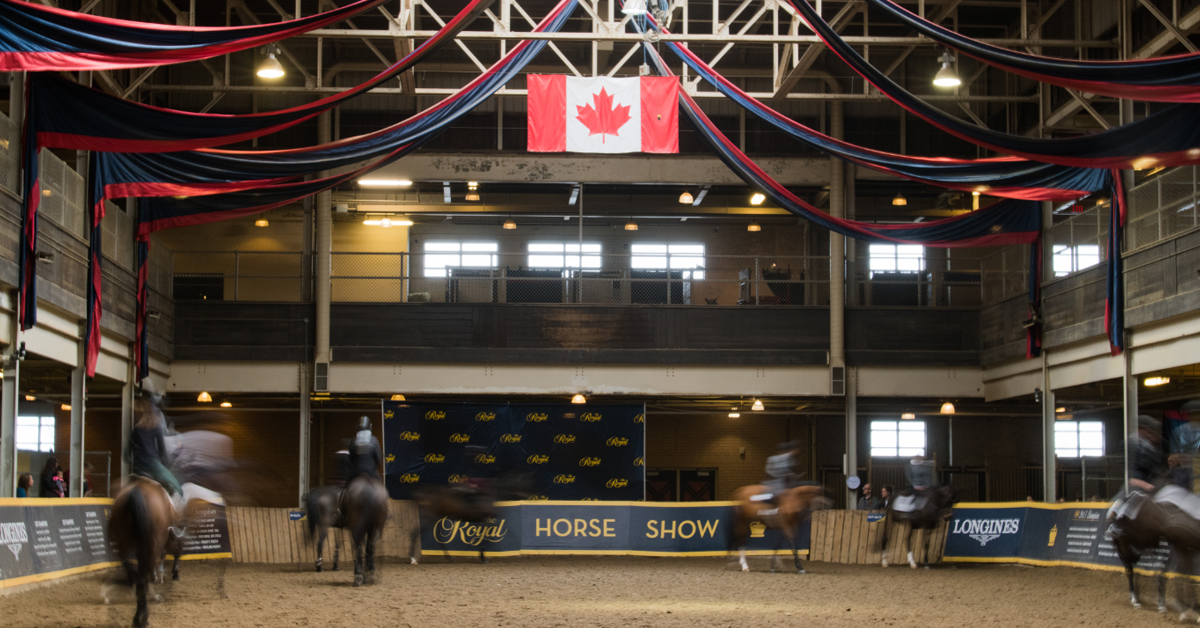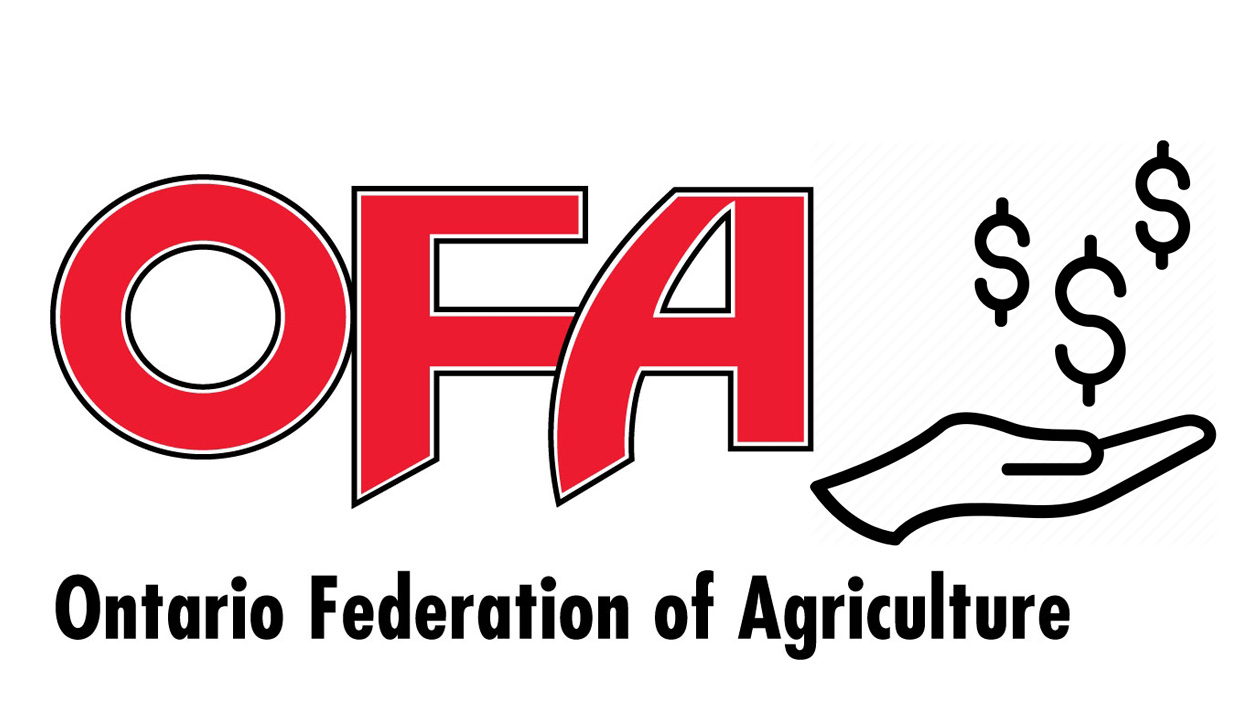Fears that a welfare scandal at the 2018 Tryon World Equestrian Games will taint all equestrian sport are highlighted in a strong letter to the US Equestrian Federation from the American Endurance Ride Conference (AERC.)
AERC president Paul Latiolais cited his members’ “outrage and protest” about the continued abuse of horses in the FEI Group VII (Middle East) and hinted this could soon attract the attention of the animal rights lobby.
The letter was posted in full on AERC’s Facebook page in the wake of the current desert racing season’s attrition rate, and the UAE’s failure to acknowledge measures repeatedly put in place since 2013 to clean up sport in their region.
“These catastrophic injuries and obvious lack of concern of the violating parties is now a very serious liability not only for the sport of endurance, but for all equestrian sports worldwide,” writes Latiolais. “Various animal rights groups are getting stronger every year, and these deaths are adding fuel to their fire.
“If the FEI is not implementing drastic measures now to curtail these disasters occurring in Group VII, the equestrian sports worldwide will be jeopardized. Even the Olympic equestrian disciplines won’t get spared from the backlash these irresponsible actions of some in Group VII are exposing all of us to.
“With the 2018 WEG being on US soil, we hope that we will all be able to remember it as a celebration of the horse-human bond, not as something that will taint all of equestrian sport.”
The letter also points to the “outdated and unnecessary” set speed Certificate of Capability (COC) which has led to the creation of faster, flatter courses so as to make qualification easier. Flat, prepared pistes are the norm in the UAE, and flatter natural courses are becoming more prevalent in Europe.
AERC would also like trainers to be suspended alongside their riders for doping offences.
Latiolais also suggests riders should achieve more completions before they are allowed to progress to the next level, and maintain a 66.6% completion rate (i.e. two starts out of three), with “relegation” after 24 months if they do not improve. A similar notion was floated earlier this year by Valerie Kanavy, athletes’ representative on the FEI endurance technical committee, though so far there is no news about its introduction.
AERC has always led lobbying for change amongst national governing bodies, initially under previous president Michael Campbell. In recent weeks there has been a marked rise in concern about the UAE ongoing welfare issues on US endurance social media platforms, following confirmation that the actual fatality rate is substantially greater than given in “official” FEI figures.
There is also shock at the increasingly faster speeds recorded, despite the findings of FEI-commissioned veterinary research this spring which directly linked high speed to fractures. In two rides on consecutive days last month, the “record” final loop speed was broken twice, at 41.65 and then 42.53 kph (26.4 mph), with completion rates remaining in the 20%-25% range.
The FEI endurance committee proposed a new rule, adding seven days’ extra rest where horses exceed 20kph (12.42mph). But this was a casualty of the decision to defer all new endurance rules to 2019, following confusion at the FEI General Assembly.
More from Horse Sport:




